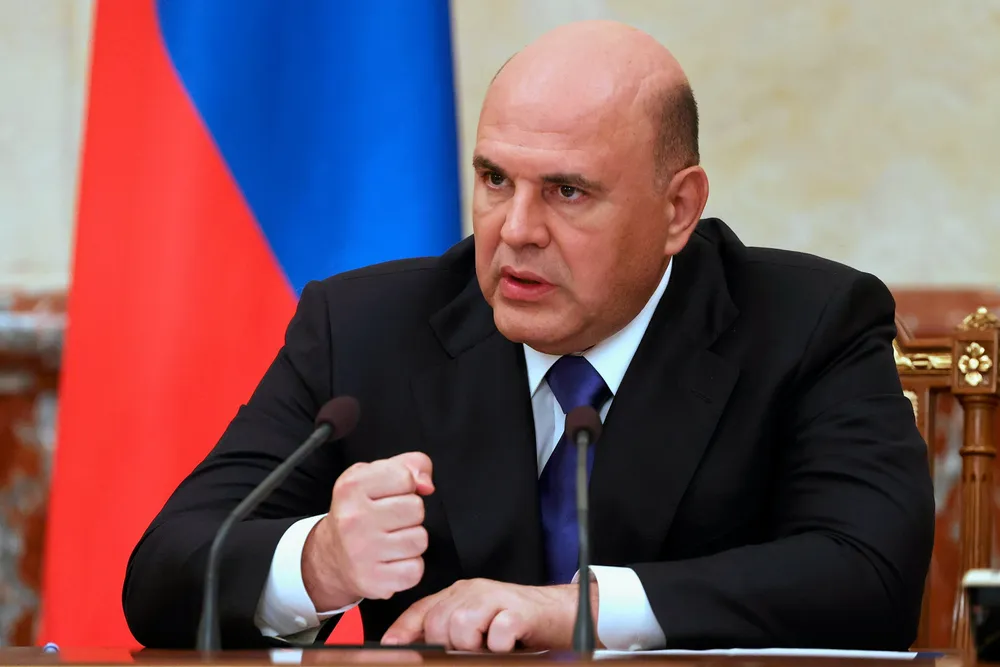Russia approves return of Mitsui and Mitsubishi to restructured Sakhalin 2 LNG project
Moscow rubberstamps applications despite Japan support for international sanctions against Russia

Moscow rubberstamps applications despite Japan support for international sanctions against Russia
